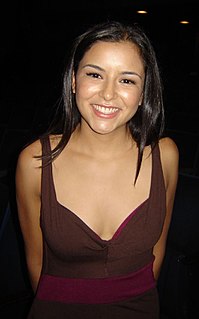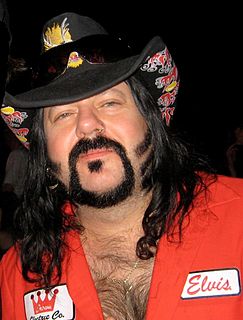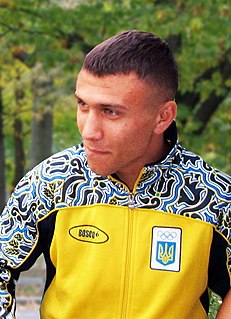A Quote by Clarence Darrow
Even if you do learn to speak correct English, whom are you going to speak it to?
Related Quotes
I speak English, obviously, Afrikaans, which is a derivative of Dutch that we have in South Africa. And then I speak African languages. So I speak Zulu. I speak Xhosa. I speak Tswana. And I speak Tsonga. And like - so those are my languages of the core. And then I don't claim German, but I can have a conversation in it. So I'm trying to make that officially my seventh language. And then, hopefully, I can learn Spanish.
When I go to Colombia or Mexico, I speak Spanish. When I go to Italy, I speak Italian. When I'm in Germany, I speak German. Would I expect them to speak English in these countries? No. I mean, great if they do, but no. Would I be offended if in Spain they say we speak Spanish? No. If I was an immigrant there, no.
But still it's like I said, when you hop in a cab in Italy and the guy doesn't speak English, uhh, you know, you have to start pointin' at things. You learn how to deal with it. What I'm tryin' to say is that it's not as convenient as touring in the states or say somewhere like Australia or even England where they speak the same language fluently.




































